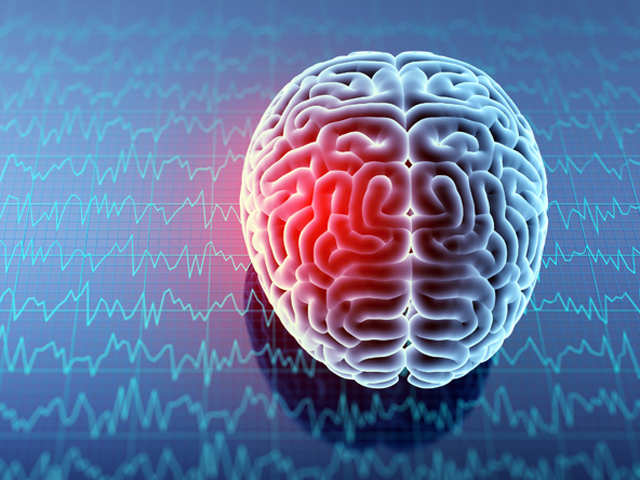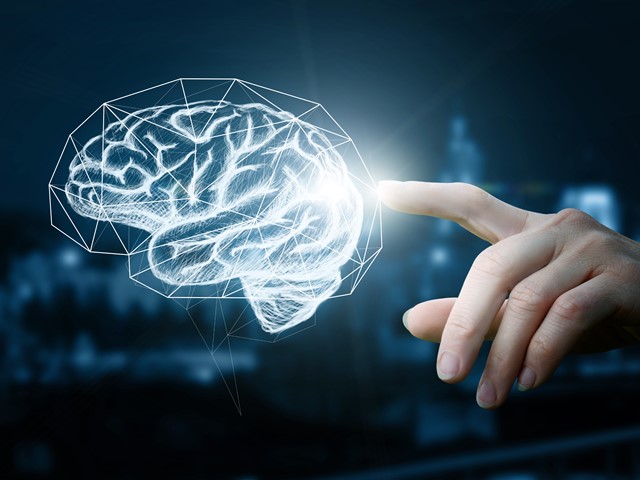The Science of Brain Training
In today’s fast-paced world, where information is constantly at our fingertips, the demand for mental agility and cognitive prowess has never been greater. Whether you’re a student striving for academic excellence, a professional looking to enhance your problem-solving skills, or a retiree seeking to maintain mental acuity, the science of brain training offers a fascinating and promising avenue for personal growth and development. In this comprehensive article, we will delve deep into the world of brain training, exploring its foundations, methods, benefits, and its profound implications for the future of human cognition.
Understanding Brain Training
At its core, brain training is the process of engaging in targeted mental exercises and activities designed to improve cognitive functions such as memory, attention, problem-solving, and reasoning. These exercises are rooted in the principles of neuroplasticity, the brain’s remarkable ability to rewire and adapt itself in response to new challenges and experiences.
The Neuroscientific Foundation
To appreciate the science behind brain training, we must first understand the brain’s incredible adaptability. Neuroplasticity, also known as neural plasticity, is the brain’s capacity to form new neural connections throughout life. This phenomenon enables us to learn, adapt, and grow by reorganizing our neural pathways. Brain training harnesses this natural ability by providing specific stimuli and challenges to encourage the development of desired cognitive skills.
Methods of Brain Training
Brain training exercises come in various forms, catering to a wide range of cognitive needs. Some popular methods include:
- Mental Games and Puzzles: Sudoku, crosswords, and brain teaser apps are excellent for improving problem-solving skills and memory.
- Memory Techniques: Techniques like the Memory Palace and Chunking help individuals enhance their memory capacity and recall.
- Cognitive Training Apps: Mobile applications such as Lumosity and Elevate offer personalized training programs that target specific cognitive areas.
- Mindfulness and Meditation: These practices improve focus, reduce stress, and promote overall cognitive well-being.
- Physical Exercise: Regular physical activity has been linked to improved cognitive function and neuroplasticity.
The Benefits of Brain Training

The advantages of engaging in brain training exercises are manifold, extending to various aspects of our personal and professional lives.
Cognitive Enhancement
Perhaps the most obvious benefit of brain training is cognitive enhancement. Regular practice can lead to improvements in memory, attention, critical thinking, and problem-solving skills. These enhancements can translate into better academic performance, increased productivity at work, and more effective decision-making in everyday life.
Neurological Health
Brain training is not just about boosting cognitive abilities; it also contributes to better neurological health. Research has shown that mental stimulation can delay the onset of age-related cognitive decline and reduce the risk of conditions such as Alzheimer’s disease.
Stress Reduction
Many brain training methods, such as mindfulness and meditation, promote relaxation and stress reduction. By calming the mind and reducing anxiety, these practices can lead to improved overall mental well-being.
Increased Confidence
As individuals witness tangible improvements in their cognitive abilities through brain training, their self-confidence often grows. This newfound confidence can spill over into other areas of life, leading to increased motivation and a more positive outlook.
The Future of Brain Training
The science of brain training is an ever-evolving field, with ongoing research and innovation continually expanding our understanding of its potential. As technology advances, we can expect more personalized and effective brain training programs, tailored to individual needs and goals. Virtual reality, artificial intelligence, and neurofeedback are just a few of the exciting developments on the horizon.
In conclusion, the science of brain training holds immense promise for individuals seeking to unlock their full cognitive potential. By understanding the principles of neuroplasticity and engaging in targeted exercises, anyone can enhance their memory, sharpen their problem-solving skills, and lead a mentally fulfilling life. As we move forward, the fusion of science and technology will open new doors in the world of brain training, offering exciting possibilities for the future of human cognition.
So, if you’re ready to embark on a journey of self-improvement and cognitive growth, don’t hesitate to explore the fascinating world of brain training. Your brain is a dynamic organ capable of astonishing adaptations, and with the right guidance, you can tap into its incredible potential. If you are looking for some tips and ideas about using brain booster, visit their page to learn more.

